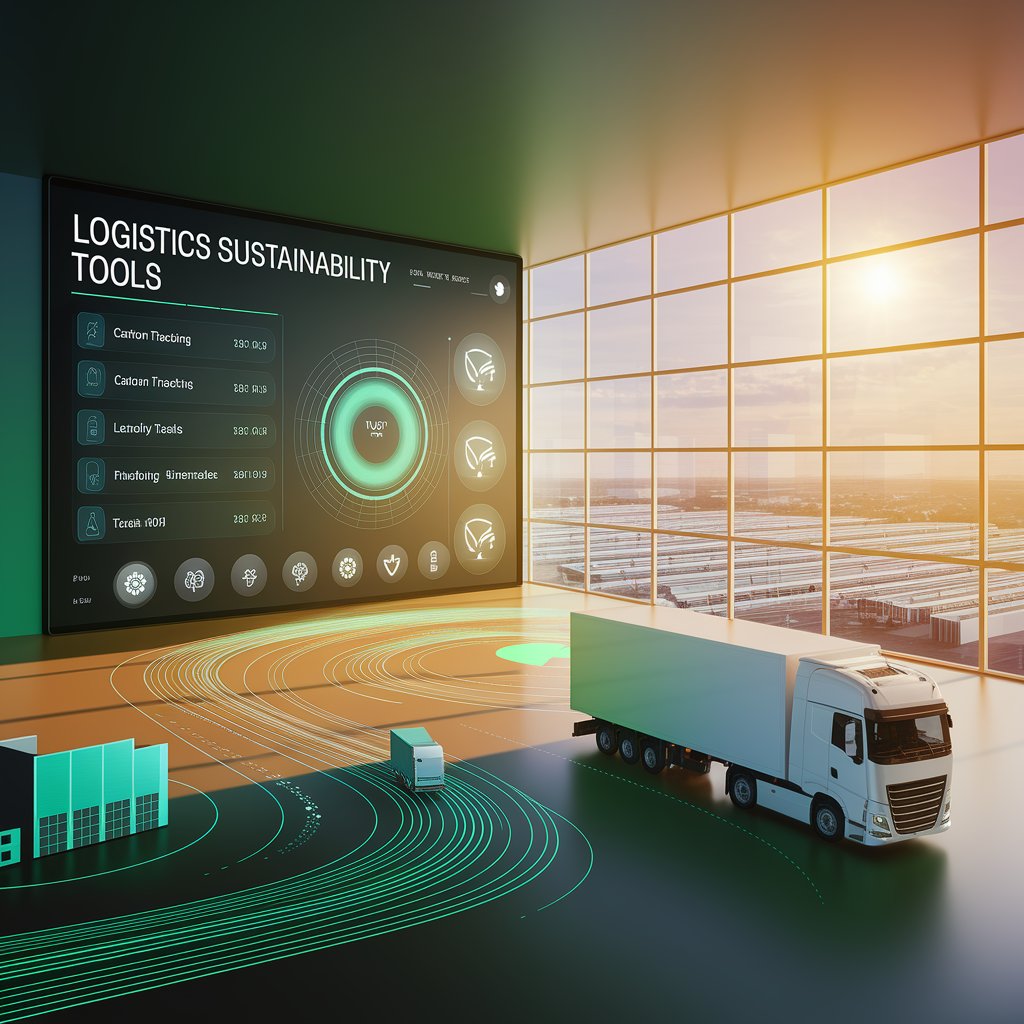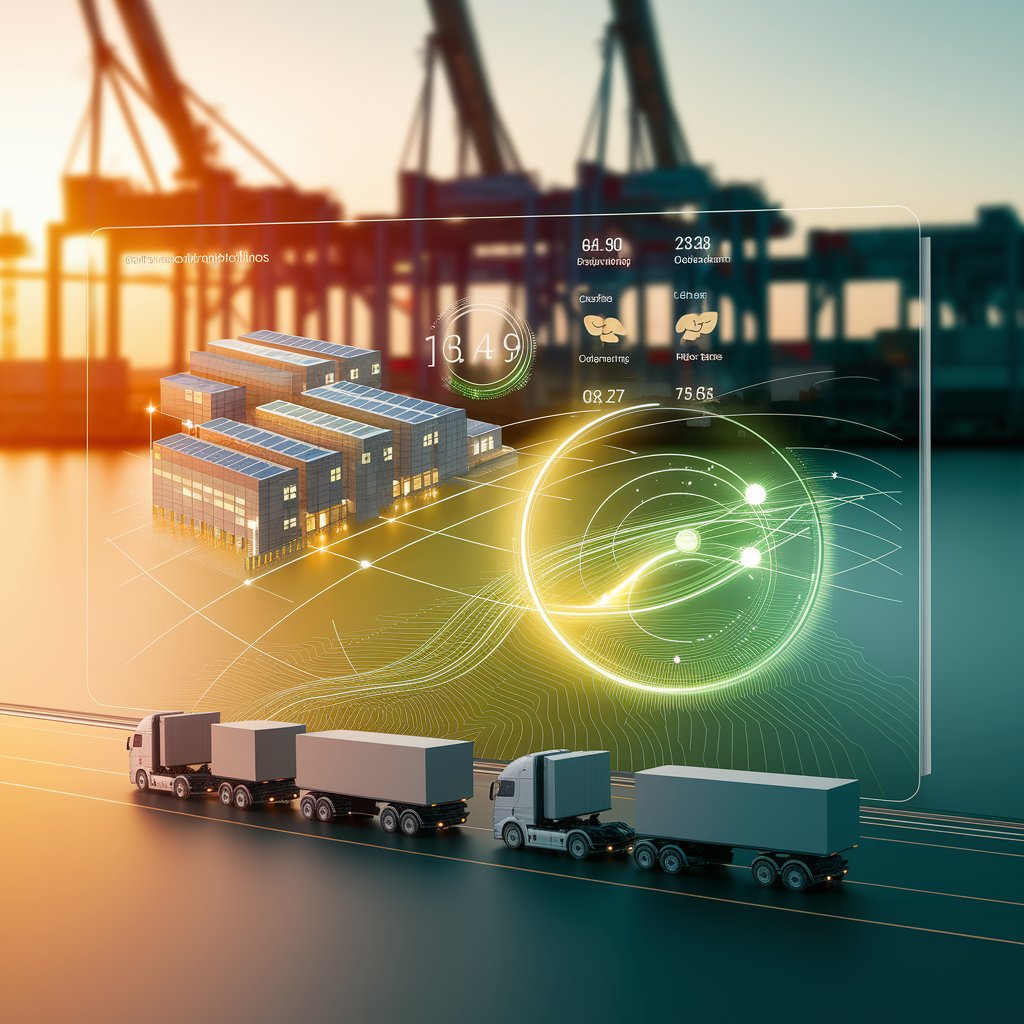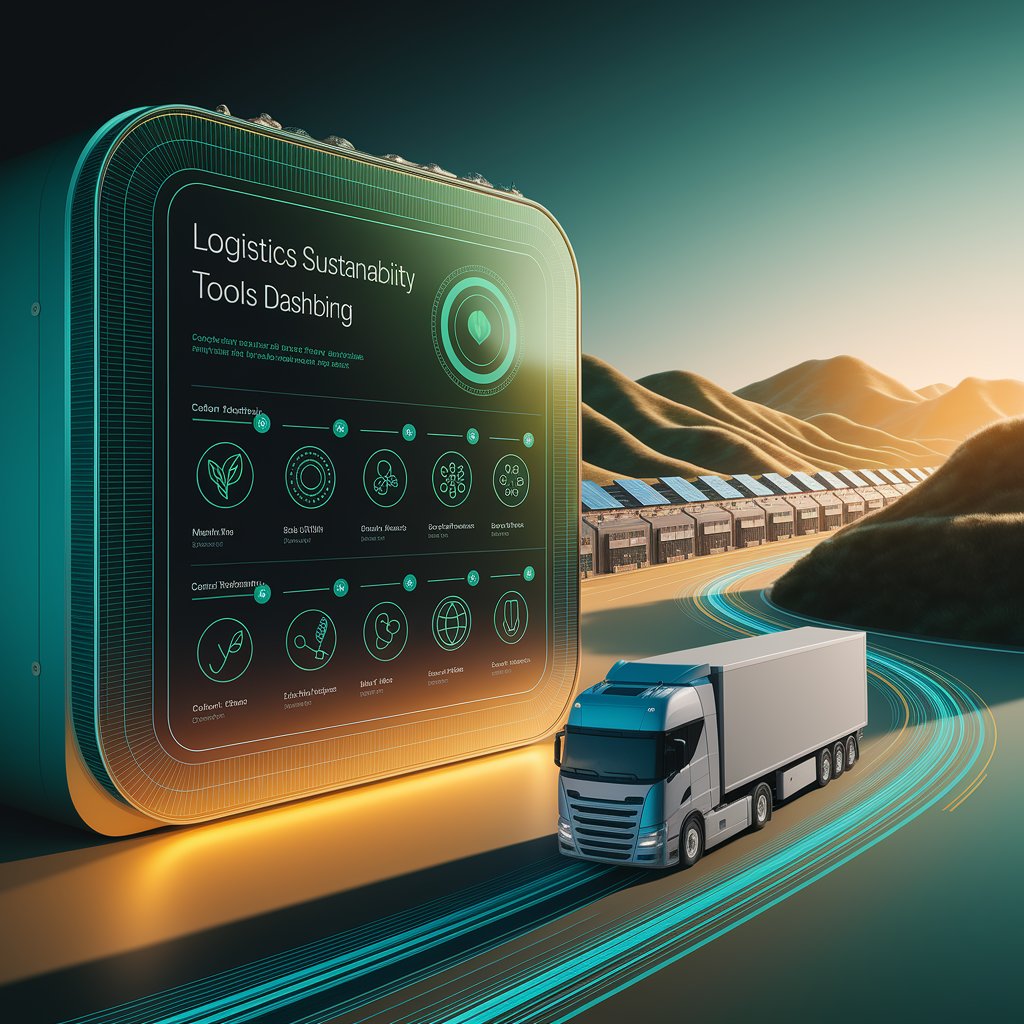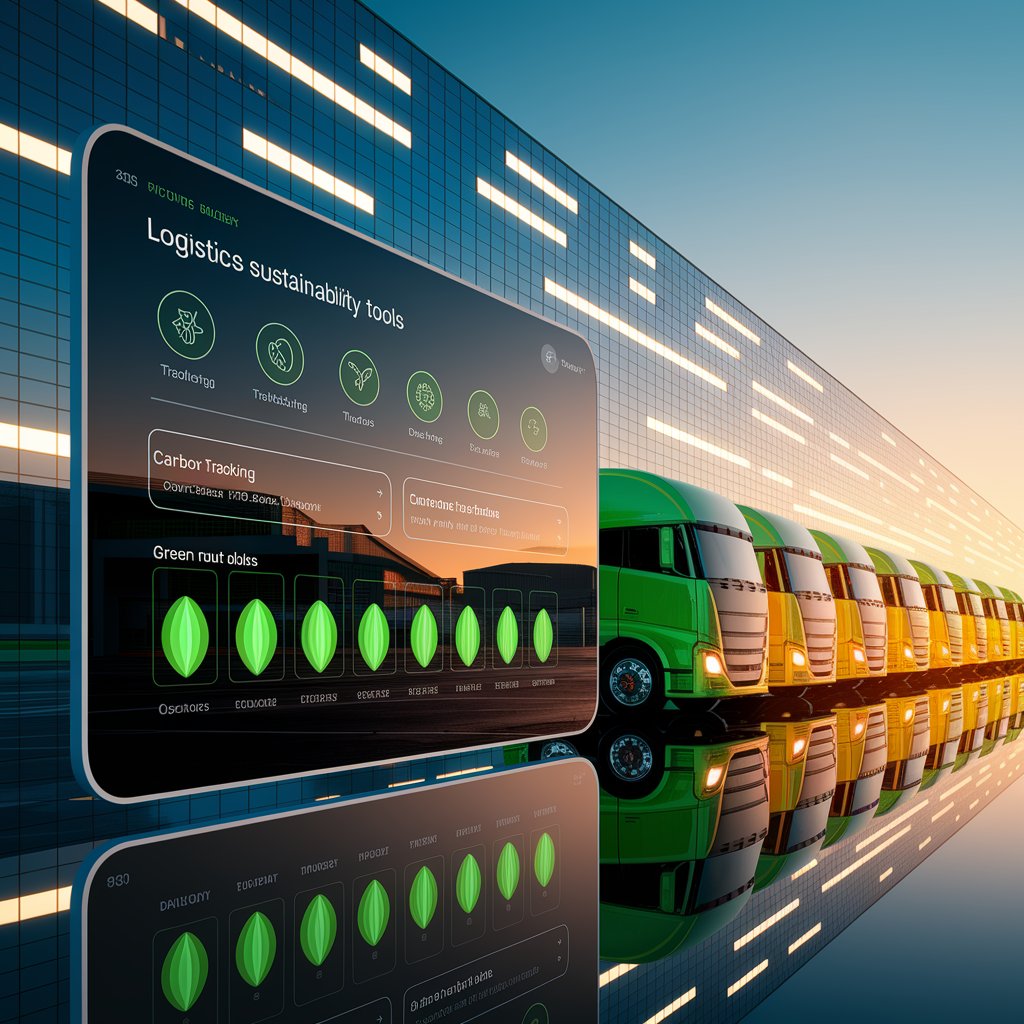Logistics Sustainability Tools: Building Greener Supply Chains

Introduction
That’s where logistics sustainability tools play a transformative role. These digital solutions provide real-time insights, optimize resources, and automate environmental reporting, making it possible to scale eco-friendly practices without slowing down operations.
What Are Logistics Sustainability Tools?
Logistics sustainability tools are specialized software and platforms that integrate environmental performance into logistics operations. They help companies:
- Monitor carbon emissions by shipment, mode, or route
- Track energy usage in warehouses and fleets
- Optimize transport for lower fuel consumption
- Automate compliance with green standards
- Support ESG (Environmental, Social, Governance) reporting

Key Benefits of Logistics Sustainability Tools
Benefit | Impact |
Lower Carbon Footprint | Reduce emissions across shipments and facilities |
Cost Efficiency | Save money with fuel optimization and energy tracking |
Regulatory Compliance | Meet ISO, EU, and local emission regulations |
Data Transparency | Strengthen brand image with sustainability reporting |
Competitive Advantage | Attract eco-conscious partners and customers |
How These Tools Work
- Data Integration: Connects with TMS, WMS, GPS, and IoT devices.
- AI Analysis: Identifies inefficiencies and greener alternatives.
- Visualization: Dashboards show CO₂ performance across operations.
- Automation: Applies sustainable rules for routes, packaging, and fleet use.
- Reporting: Generates compliance-ready reports and ESG documents.

Real-World Applications
- Freight Forwarders: Offer clients carbon footprint data per shipment.
- Carriers: Transition fleets to electric and hybrid vehicles with AI support.
- Warehouses: Track energy use, reduce waste, and optimize renewable resources.
- E-commerce: Communicate sustainability metrics to customers at checkout.
Why Companies Need These Tools Now
Sustainability is a strategic driver, not just a compliance checkbox. Businesses that implement logistics sustainability tools gain visibility, control, and measurable results that traditional systems can’t provide. By adopting digital tools, logistics companies can transform green initiatives into operational excellence.

Conclusion
Logistics sustainability tools are essential for building modern, eco-friendly supply chains. They enable companies to cut emissions, streamline processes, and deliver transparent reporting, all while staying ahead of regulations. For logistics providers, adopting these tools isn’t just about compliance—it’s about leading the industry toward a greener future.
